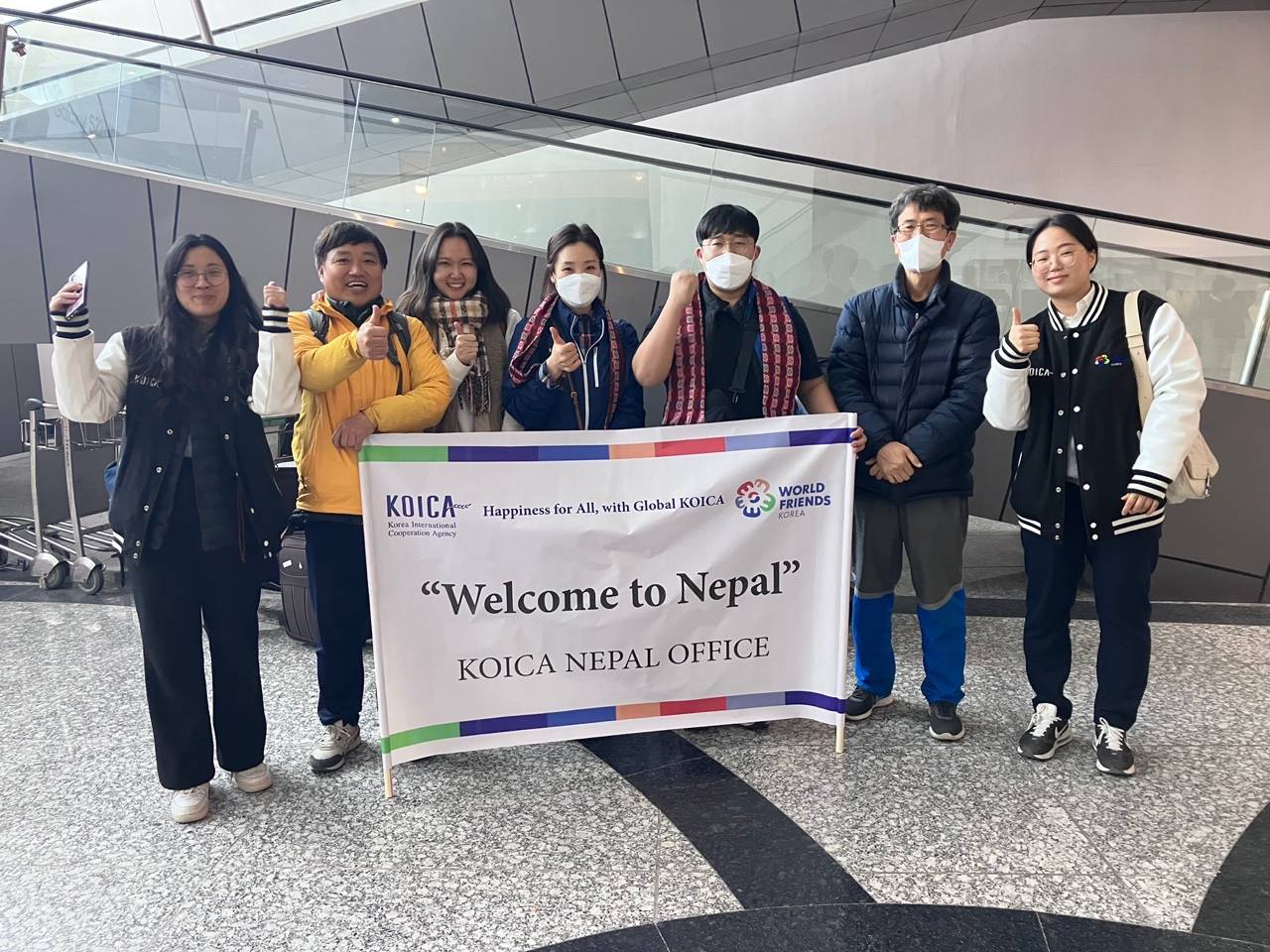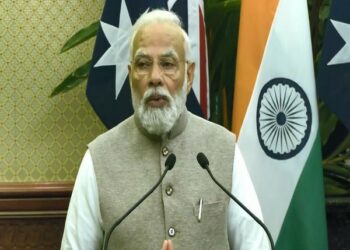KATHMANDU: Two new Korea Overseas Volunteers (KOVs) arrived in Kathmandu on Wednesday to work in Nepal.
The Korea International Cooperation Agency (KOICA) dispatched two new KOVs — Mijoa Kwon and Hyeonsoo Park — to work in Nepal.
They will be dispatched to their concerned organizations on March 10 after completing the local adaptation training program in Kathmandu.
KOV Mijoa Kwon will be dispatched in Bhalam Basic School, Kaski in ECD sector and Hyeonsoo Park will be dispatched in Shramik Shanti Secondary School, Lalitpur in Computer Education sector.
Since the outbreak of COVID-19, KOICA relaunched its KOV program from December 2021 and since then total 8 KOVs have been dispatched to Nepal in various sectors.
The volunteers will take 2 months local adaptation training program in Kathmandu where they will learn about Nepalese society, culture, tradition as well as language.
Such kind of adaptation program will be helpful for them to adjust and work in their concerned community/organization enabling them to be familiar with Nepalese environment, KOICA Nepal said in a statement.
The objective of KOV program is to focus more on transferring Korean knowledge and experiences directly in the grass root level.
However, these programs aimed to improve the quality of life of people in partner countries to strengthen the friendship and mutual understanding between Korea and partner countries and to help in the efforts to achieve development goals set by the international community.
Since 1990 KOICA volunteers are deployed in various government organizations within and outside the Kathmandu valley according to the demand and request of Nepalese government in different sectors like education, health, agriculture, IT, tourism etc.
Till date total 475 volunteers have been dispatched in Nepal.
Currently, 6 KOICA volunteers are actively working in various governmental institutions inside Kathmandu Valley.
KOICA Nepal Office has expressed the commitment to take every possible measure in following the health protocol with regards to COVID-19 while implementing the KOV program.









Comment